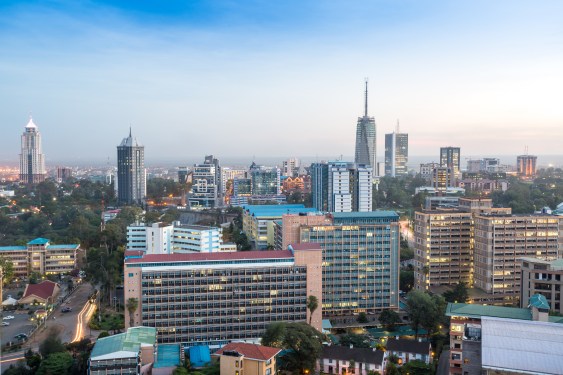As the fallout from COVID-19 continues to grips Africa’s major economies, the tech sector faces unprecedented pressures. Among these challenges is the decline in funding for startups, which has significantly impacted innovation and growth across the continent. To address this crisis, many African nations are turning to policy interventions that can provide critical support to these dynamic enterprises.
The Ongoing Impact of COVID-19 on Africa’s Tech Sector
Background on the Challenge
COVID-19 has exposed vulnerabilities in the financial systems of small and medium-sized businesses (SMEs), particularly those reliant on informal financial intermediaries. Startups, which often serve as the lifeline for these SMEs, are no exception. With access to affordable credit limited, many startups struggle to sustain operations during the pandemic.
The Role of National Support
In response to these challenges, several African nations have introduced measures aimed at stabilizing the startup ecosystem. These include enhanced financial support programs, regulatory reforms, and policy interventions designed to protect these enterprises from insolvency.
Key Policies and Initiatives
The Case of Senegal
Senegal, for instance, has implemented a series of targeted policies to support startups. These initiatives include increased access to venture capital funding and simplified regulatory processes that streamline business operations. Such measures have been instrumental in providing critical support during a period of significant economic disruption.
The Example of Tunisia
Similarly, Tunisia has introduced measures such as the "Startup Act," which provides a framework for the growth and scaling of startups. This legislation is designed to create a more predictable environment for these enterprises, enabling them to expand their operations without fear of regulatory obstacles.
The Role of International Bodies
In addition to national efforts, international organizations like the World Bank have played a crucial role in supporting African startups. Their assistance has been instrumental in providing data and insights that help identify opportunities for growth and development in the region.
Data and Insights from the World Bank
The World Bank has reported significant progress in Africa’s financial inclusion sector, with over 140 million people gaining access to formal financial services. This expansion represents a critical step toward building a more robust economy capable of weathering challenges such as those posed by COVID-19.
Conclusion
The role of national support for startups cannot be overstated in the context of Africa’s current economic landscape. With rising unemployment and SMEs at risk, targeted interventions are essential to ensure sustained growth and innovation in the region. By providing a supportive ecosystem for these enterprises, African nations can pave the way for long-term recovery and prosperity.



